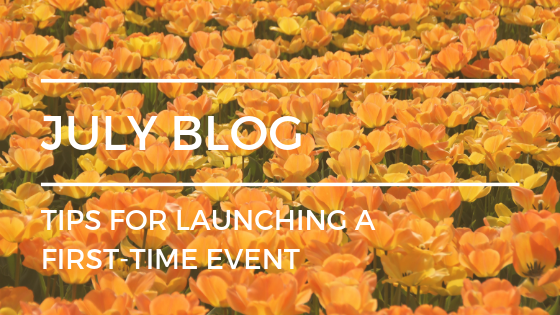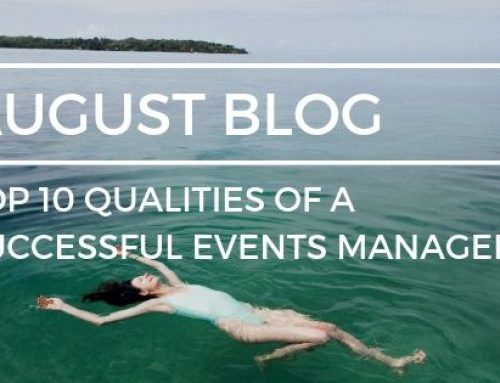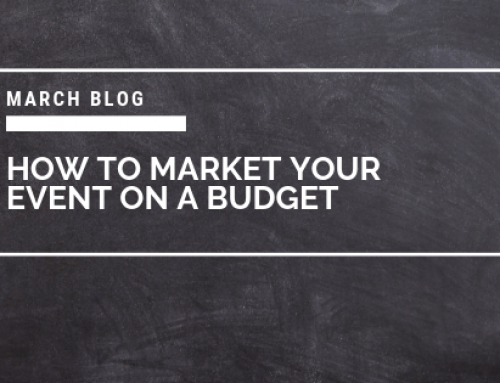Every year we launch new conferences and meetings into the medical events world, and as with all new things it’s important to put extra effort, time and planning into them to ensure they launch successfully and return the following year. Here’s a quick snapshot into some of the strategies and details which go into launching a new event successfully.
Narrow down your audience
Before you put your event out there, it is important to decide on who your target audience is for the event. Everything else should then consequently fall into place around this. The structure, content, costs to attend and location will all follow on once you know the types of delegates you would like to attend. Before doing that, it is important to make sure the audience isn’t too broad but also isn’t too specific to make sure you don’t open or close too many doors before the event has even begun.
It’s imperative from the outset to do a full, detailed and well-timed briefing with your client. What do they want from this event? How do they see it working on the day? Sometimes it seem pedantic to ask for minor details at the outset but nailing down specifics early can mean avoiding a lot of mess later. Plan for the day at the outset, and record all of your clients wishes in your timeline to ensure their vision becomes a reality all of those months later!
Watch out for other industry events when planning
Simple, but effective – make sure you check there are no other events in the diary at that time that collide with yours, so that your audience won’t be attending something else around the same time.
Establish a budget
Before venue sourcing, be clear on a budget you have to spend on the venue and work out the price that you’ll need to charge on for registrations to make sure of the amount you can justify spending. If you need to get sponsorships in as well, make sure you start researching and contacting marketing managers early on so they can allow for it in their budgets.
Marketing
Create a detailed marketing plan – work out your communication routes to audience. The earlier this begins the better as it can take a while to filter through to the right people. The more organised with this you are, the more impact you will have.
Make it clear to delegates what’s in it for them
If like us, your event is educational – make sure you demonstrate in your promotional material, what the meeting will offer them and how it will benefit them by attending. Highlight great educational content and reputable speakers and establish what they will learn. Also utilise your speakers and get them to spread the word and promote the event where possible.
In our industry, Continuing Professional Development (CPD) is crucial for our delegates, so we always try to apply per appropriate CPD accreditation, to make the event that little bit more appealing!
List your event on relevant websites
There are plenty of free websites which professionals use to check meeting dates for their diaries. Trawl through these websites and add your event listing into the diaries. Or even better create a catalogue of these websites and note down what types of events they promote and complete a checklist of these when launching a new event to make sure it’s always listed on the appropriate websites.
Early bird discount
Early bird incentives; providing tickets at a discounted rate; are a great way to get delegates in early and make people act straight away instead of reading about the event and forgetting about it. The lower price also incentivises people to take a risk on going to a new event.
Market Research
If you’re running an event next year for the first time and have a similar one this year – ask your attendees about it. Utilise their options, knowledge and requirements and build on what they tell you to make sure you cover all bases when creating the new event.
These are some examples of the basic methods of launching a new event successfully but there are many more strategies you can use depending on who you are targeting. Research other strategies such as using social media platforms, blogging, posting in forums. As well as looking at ways in which you can create an event which will leave delegates feeling like they want to attend again and recommend to their colleagues.
If you found this content useful, have some feedback or have a suggestion for future blog posts, we would love to hear from you, drop me a line at mica@cfsevents.co.uk.





